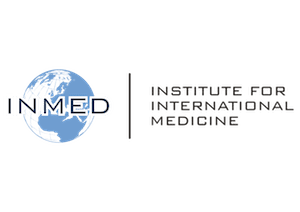Overview
This medical ministry began as a clinic service situated in a remote part of eastern South Africa. Today it serves 75,000 rural people through outpatient care, mobile clinics, inpatient pediatrics and adults, maternity, dentistry, physical therapy and surgery. The region suffers from some of the world’s highest concentration of HIV; 33 percent of individuals are infected.
Supervision is provided by Dr Victor Fredlund, recognized in 2003 as the Rural Doctor of the Year by the South African Medical Association. Students coming to Mseleni Hospital participate in the full range of hospital services, including surgery and obstetrics, as well as mobile clinics and community interventions against TB, malaria and HIV. Communication in English and an available guest house make this location convenient for international students.
